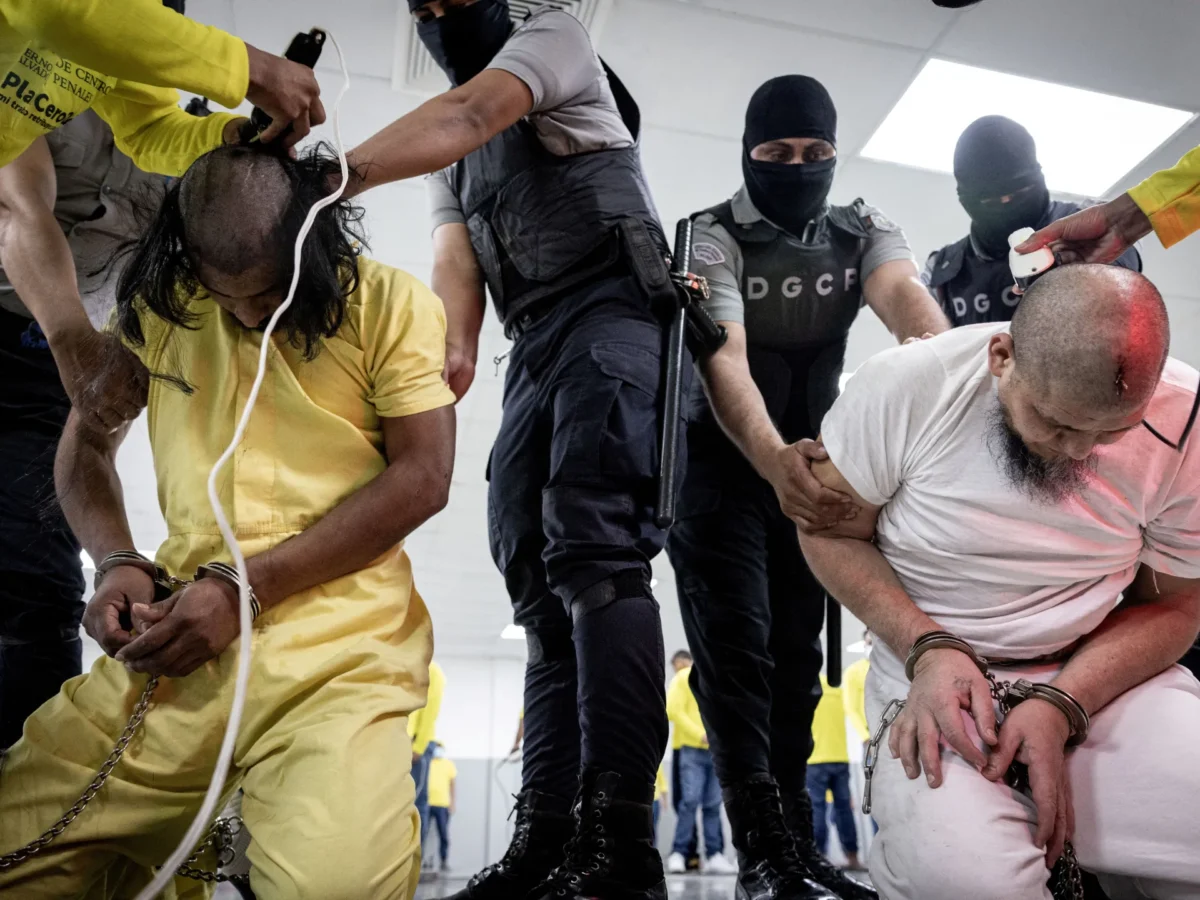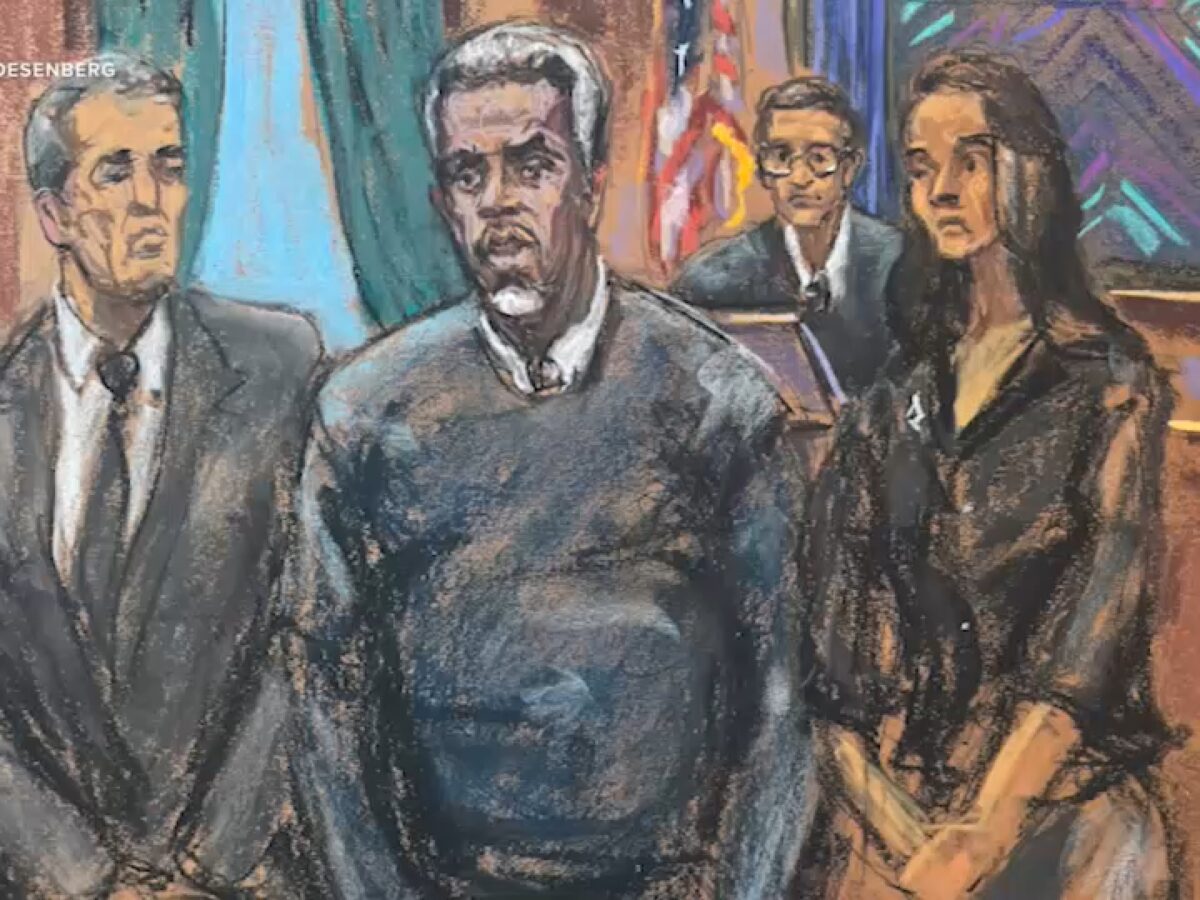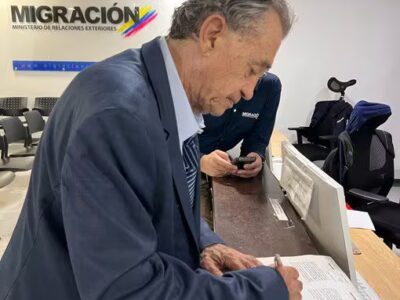A Political and Legal Firestorm
The Trump administration has once again ignited controversy after deporting 238 alleged members of the Venezuelan gang Tren de Aragua and 23 members of the Salvadoran gang MS-13 to El Salvador. This decision, executed despite a court order temporarily restraining such deportations, has drawn sharp criticism from legal experts, human rights organizations, and political opponents.
The move stems from Trump’s invocation of the 1798 Alien Enemies Act, a rarely used law that allows the president to deport non-citizens deemed a threat during wartime. Trump’s justification? A claim that Tren de Aragua is orchestrating an “invasion” of the United States. This bold assertion has been met with skepticism, with many arguing that using wartime powers against an alleged criminal organization is a clear abuse of executive authority.
El Salvador’s Role in the Controversy
El Salvador’s President Nayib Bukele confirmed on social media that his country had accepted the deportees, boasting about an agreement made with Secretary of State Marco Rubio. Under this deal, El Salvador will detain the deportees at the notorious Centre for the Confinement of Terrorism (CECOT) for at least a year, with the possibility of an extension. The U.S. will reportedly compensate El Salvador with $6 million for housing the prisoners, a sum that Bukele cynically described as “a very low fee for them, but a high one for us.”
Footage released by Salvadoran authorities showed handcuffed deportees being forcibly shaven and paraded in prison uniforms, a spectacle that has raised serious human rights concerns. Critics have pointed out that Bukele’s government has a history of harsh anti-gang measures that often blur the line between justice and human rights violations.
The Legal Battle: Did Trump Defy a Court Order?
Legal experts have blasted the administration for allegedly defying a ruling by federal Judge James Boasberg, who issued a temporary restraining order to halt the deportations. The American Civil Liberties Union (ACLU) has called this action an “unprecedented disregard for the judiciary”, warning that allowing a president to ignore court orders sets a dangerous precedent.
However, White House Press Secretary Karoline Leavitt dismissed these claims, arguing that the deportations had already occurred before the court’s order was issued. She further claimed that a single judge cannot override the president’s authority in matters of national security and immigration. Meanwhile, legal scholar Bruce Fein has refuted this, stating that the president is not above the law and could be ordered to return the deportees.
What’s Next? A Constitutional Showdown
Trump’s legal team has already appealed Judge Boasberg’s order to the Washington, D.C., Circuit Court. If denied, the case is expected to reach the U.S. Supreme Court, where the conservative-leaning bench may play a pivotal role in determining the limits of executive authority over immigration.
Meanwhile, Venezuela has condemned the deportations, accusing Trump of criminalizing Venezuelan migration. Amnesty International has also spoken out, stating that the administration’s actions amount to “a racist targeting of Venezuelans based on unproven allegations”.
With questions mounting over due process, constitutional overreach, and human rights violations, the deportation saga is far from over. Will the courts rein in Trump’s aggressive immigration policies, or will the precedent set here reshape the future of U.S. immigration enforcement? The world is watching.






















